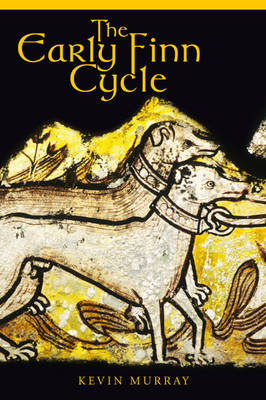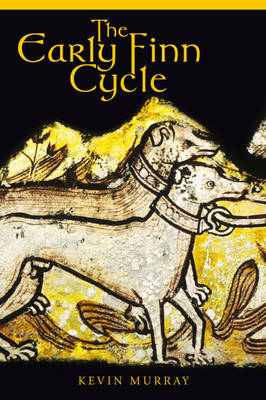
- Retrait gratuit dans votre magasin Club
- 7.000.000 titres dans notre catalogue
- Payer en toute sécurité
- Toujours un magasin près de chez vous
- Retrait gratuit dans votre magasin Club
- 7.000.0000 titres dans notre catalogue
- Payer en toute sécurité
- Toujours un magasin près de chez vous
Description
The Finn (or Fenian) Cycle (fianaigecht) is classified by modern scholarship as one of four medieval Irish literary cycles along with the Ulster Cycle, the Cycle of Historical Tales (or Cycles of the Kings) and the Mythological Cycle. It is primarily composed of material dealing with the legendary character Finn mac Cumaill, his warrior band (fian), his son Oisin, and his grandson Oscar. In a fashion recalling the expansion of the Arthurian legend throughout Britain and Europe, the traditions centered on Finn grew from localized beginnings to spread throughout the entire Gaelic-speaking world. This study takes as its focus the early Finn Cycle, up to and including the composition of the most significant fianaigecht tale, Acallam na senorach ('The colloquy of the ancients'), at the beginning of the Early Modern Irish period. The volume also deals in detail with topics such as the nature of the fian; the extent of early fragmentary Finn Cycle sources; the background to Toraigheacht Dhiarmada agus Ghrainne ('The pursuit of Diarmaid and Grainne'); the boyhood deeds and death of Finn; and the development of the Fenian lay tradition. The Early Finn Cycle details and investigates the primary and secondary sources for the study of this material and traces the literary development of the early fianaigecht corpus. In so doing, it seeks to account for the emergence of the Finn Cycle from fragmentarily documented beginnings, to become the dominant genre of Gaelic literature after 1200. [Subject: Celtic Studies, Legend & Mythology, Finn Cycle, Early Modern Studies, Irish Studies, Literary Criticism]
Spécifications
Parties prenantes
- Auteur(s) :
- Editeur:
Contenu
- Nombre de pages :
- 200
- Langue:
- Anglais
Caractéristiques
- EAN:
- 9781846826306
- Date de parution :
- 30-06-17
- Format:
- Livre broché
- Format numérique:
- Trade paperback (VS)
- Dimensions :
- 155 mm x 231 mm
- Poids :
- 317 g

Les avis
Nous publions uniquement les avis qui respectent les conditions requises. Consultez nos conditions pour les avis.






